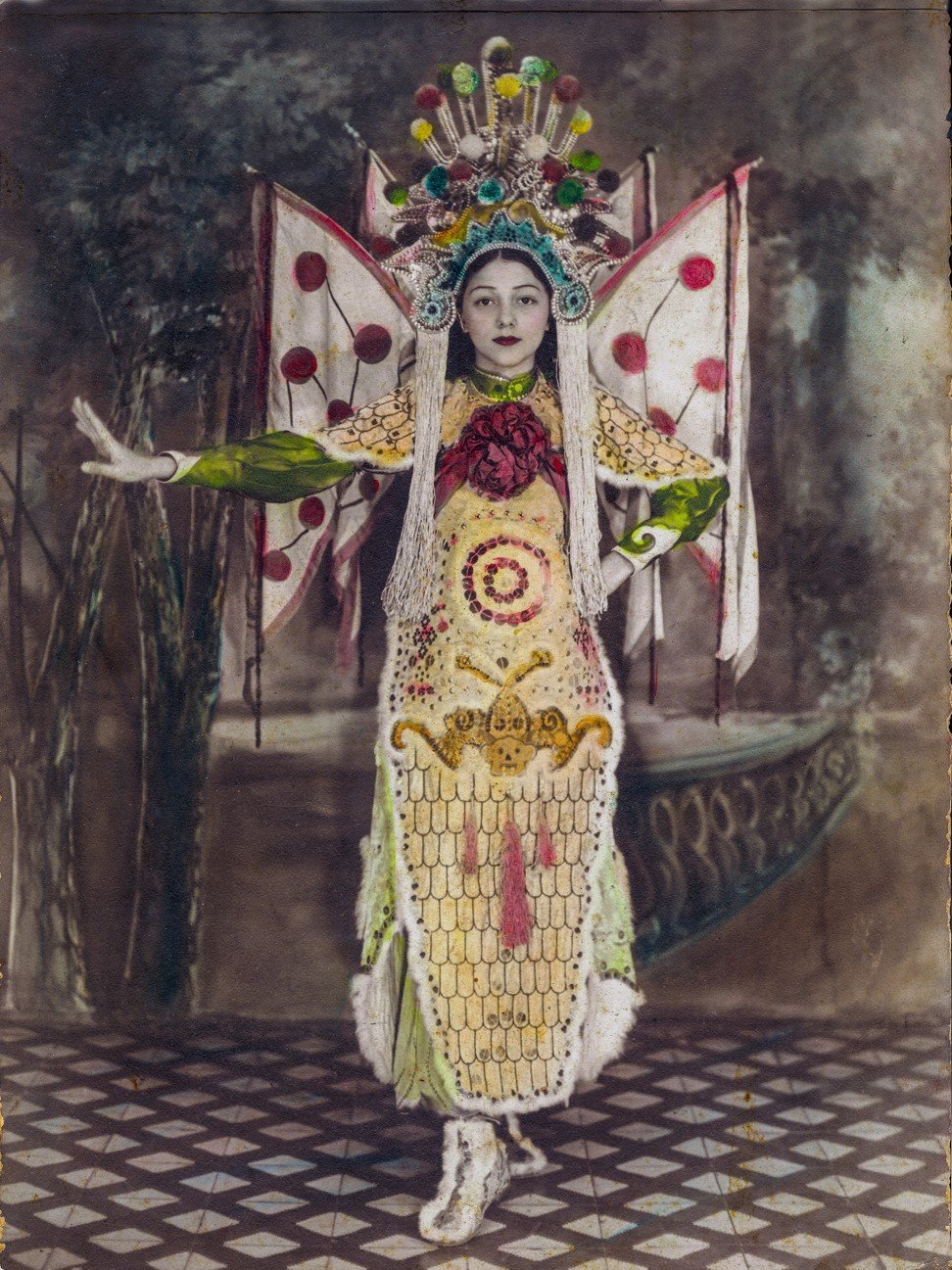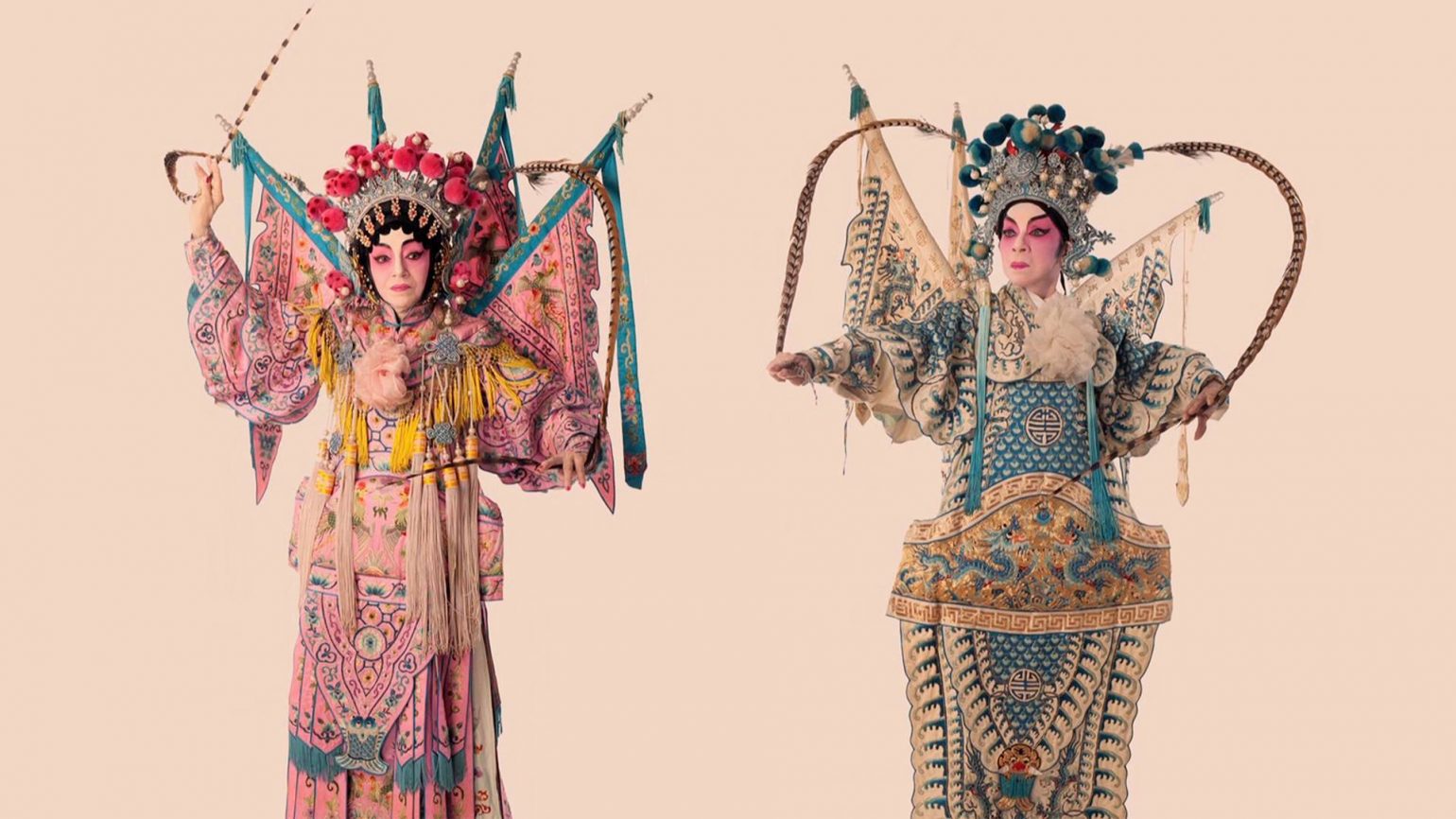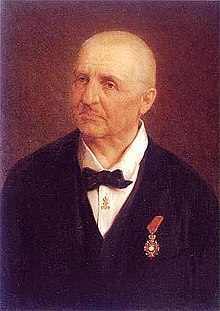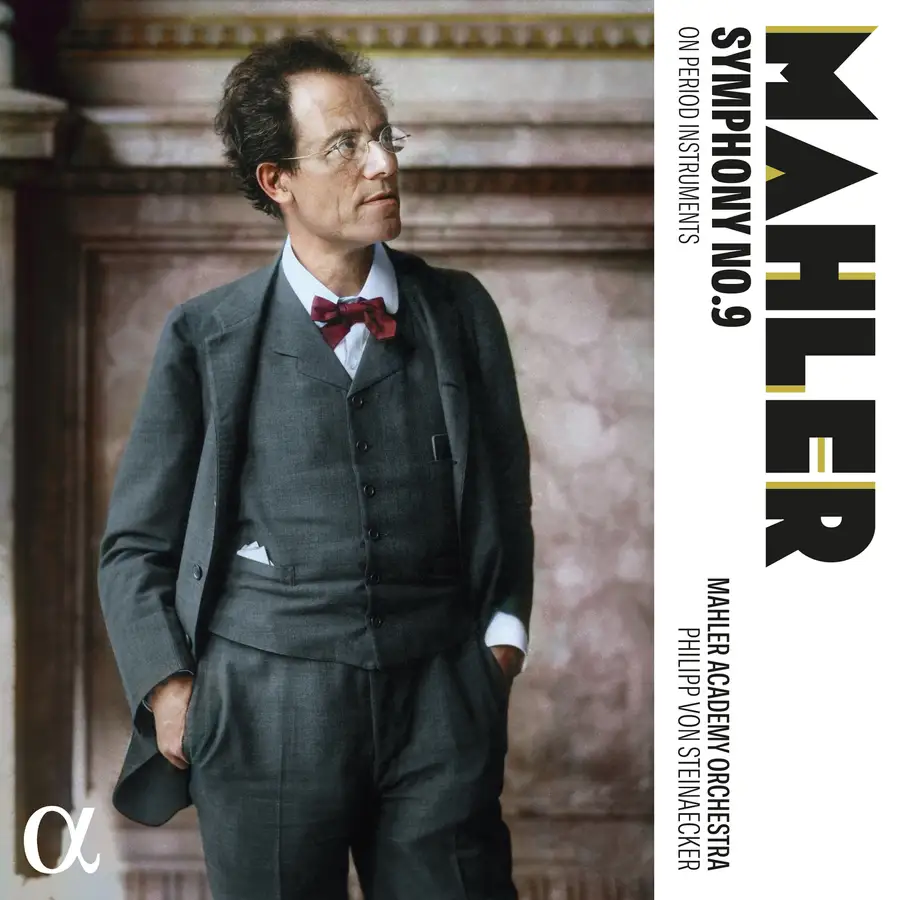Click pics to enlarge. Below Pic: L, Caridad Amaran; R, Georgina Wong. The two Cuban Chinese Opera Divas were donned in Warrior Costumes. Note that the flags worn at the back symbolize the armies behind these generals. The Two Feathers, which the warriors manipulate and point like swords, symbolize Ferocity and Virility - they are likely derived from influence from all the foreign tribes that waged war against China. L, Caridad Amaran as a Female Warrior; R, Georgina Wong as a Male Warrior.
New York Diary (20-8): The Chinese Diaspora in Cuba, Forgotten History, Opera, Comidas Chinas y Criollas, Charity and Bigotry.
This is an article long on history and with some discussion of exotic music (to most of you readers) and food, but little on audio. You have been warned.
How this Article Came About Ever since I left Hong Kong I have maintained the habit of reading two HK Newspapers online. One is the English South China Morning Post (SCMP), where I recently read This Article on the History of the Chinese in Cuba. This is how this article came about. With my immigrant roots and having lived a long time in NYC, I have long been a student of the history of the Chinese Diaspora everywhere in the world. Mind you, the Jamaican doorwoman in my building has a Chinese ancestor, and one of my Chinese classmates at Engineering School (pre-med) was from somewhere in South America. But there are more reasons which I shall lay out.
Chinese Opera (wiki) This is a lumpy term. Given the huge divide between the many Chinese dialects (I am sure it's the same in, say, India and Indonesia, two countries rich in music history), opera from one region will not be quite intelligible to people from another. Add to this the natural unintelligibility of the lyrics (true for any opera as words are subjugated to music), the drama and music take centerfold on grabbing the audience's attention. In my humble opinion, Chinese Opera is more successful on this count than western ones. The orchestra is basic, highly percussive and stirring, the costumes and set highly stylized and streamlined (watch some of the youtube's I include if interested). The opera troupes of old travelled light everywhere with their wardrobes and instruments, yet were able to entertain everyone, something the current opera cannot. Now, so-called "high art" (which I do love) has lost touch with the people. If you want to know more, read the wiki entry (which is very limited still). One thing I'd like to add is that for a very long time, in Chinese opera male roles can be sung by women and vice versa. This has nothing to do with sexual orientation, but surely you can imagine many LBGTQ are fascinated with it. Chinese Opera is now mainly represented by Beijing Opera, sung in Mandarin but in places like Hong Kong Cantonese opera rules, and so it was in Cuba. It should be noted Chinese opera is a much older art form than western opera, which started only around the time of Monterverdi (wiki).
My Chinese Opera Roots Although he did not do it for a profession, my Father was a famous Beijing Opera Singer and Teacher. One of his students was the actor John Lone (The Last Emperor; see this wiki entry). Father was what the Chinese would call a 通天老倌, which means one who can do every role. But my father went further than that; he was a genius, and knew by heart every role in every popular opera. Father was an Chinese opera film buff too, and took me to see various Chinese opera films (from many regions). My father also played the erhu, one of the pivotal string instruments. The word hu actually indicates old foreign tribes (lumpy again, commonly taken to mean Tartars or Mongols) that once ravaged China. In the 80's, When I travelled in the Middle East or North Africa, I actually saw an instrument quite like it played by either an Arab or a Berber nomad (I cannot remember). For as long as I can remember, I have watched Beijing opera. As a kid, I was bored by the length but after learning what all the stylization mean it became much more interesting. Western opera came later, but I still prefer Beijing Opera.
 The Chinese in Cuba (wiki) The wiki entry is good, but this comment on a blog entry I shall cite later is also a good read:
The Chinese in Cuba (wiki) The wiki entry is good, but this comment on a blog entry I shall cite later is also a good read:"...I had Juan Perez de la Riva as a teacher in Havana University and he was a captivating figure. He never prepared classes and his spontaneous lectures would rivet us to our seats trying to catch every word he uttered during the full two hour period. I remember vividly the lecture he dedicated to the Chinese presence in Cuba. He described how the Spanish agent sent to Canton to recruit Chinese indentured servants was unable to obtain a single one during the first few months he remained there. And how to solve the problem he offered the Chinese governor a commission (bribe) of one ounce of gold for every indentured servant he helped him recruit. The Chinese governor went to the prisons where thousands of rebels from the Taiping Rebellion were being held until they were processed in batches to get their heads cut off and announced to the prisoners that his Imperial Higness was merciful and would give them a choice between being decapitated and going to Cuba. Naturally the thousands of prisoners opted to go to Cuba. That is why when Castro sent us city dwellers to work in the rural areas we would say that we were going “in a voluntary manner like the Chinese”.
But the Spanish agent made a mistake and brought the “creme de la creme” of the Chinese revolutionaries to Cuba. For that reason when the first Cuban War of Independence occurred in 1868 all the Chinese Indentured servants revolted and fought on the Cuban side gaining recognition for their loyalty and heroism during its ten year duration and reaching high ranks in the Cuban Liberation Army. A grey column monument to the Chinese mambises in Linea Avenue proclaims to the world “Not a single Chinese was a traitor. Not a single chinese was a deserter!” Thus the Chinese earned the right to be considered as an integral part of the Cuban nation where their descendants make up around 1% of the population.
With time Chinese emigration to Cuba continued but its political composition shifted to the right. In 1902 when Cuba became independent thousands of apolitical working class Chinese came to the island. Later in 1949 with the triumph of the Chinese Communist Revolution the island was flooded with thousands of right wing refugees fleeing from Mao Tze Tung. When Castro came to power in 1959 and established close relations with Red China, Chinese Communist activists tried unsuccessfully to get these right wing Chinese to join the Cuba- China Friendship Society. Having no takers they used a successful stimuli, promising all the Chinese that joined the society that they would be allowed to travel to China and get wives. In the early years of the sixties, thousands of Cuban Chinese travelled to China on Cuban ships carrying sugar with Cuban political commissars for a three month stay in which they returned to their native villages found their girl friends got married and took a boat back to Cuba with their wives. These nuptial expeditions replenished Havana’s Chinatown.
However in 1968, in preparation for the 1970 ten million tons of sugar goal, Castro nationalized all private businesses in the island and all the small Chinese restaurants and laundries were taken over and given Cuban managers. However since all the accounting and business correspondence was in Chinese and the managers were not given any assistance by the sullen original owners and their Chinese workers, the businesses were shut down very soon and all the Chinese owners and workers were retired. Shortly afterwards you could see in the streets of Havana very young Chinese walking about telling the surprised Cuban population that they had been retired.
The problem was solved when the US government, thanks to the change in US immigration laws and to the fact that these chinese had had their property taken over by the Cuban government, allowed many of them to apply for permanent entry visas to the US. They came to New York and founded the Chinese Cuban restaurants that your blog writes about. I think that the best Cuban food in New York can be found in them and visit them frequently. When I do so, I always remember my dear teacher, Juan Perez de la Riva, Cuba’s most prominent demographer!
The Chinese Cubans are an integral part of our nationality and of our culture. Cuba would not be Cuba without them! Cuba suffered a great loss when so many of them came to New York but their presence here at least brings to the many other compatriots living here not only excellent Cuban food but also a nostalgic remembrance of past life in our island..."
Comida China y Criolla This is also part of NYC history. Chinese Cubans who came to NYC opened many restaurants that served Chinese and Cuban/Spanish dishes (the Chinese waiters all spoke Spanish). In the 70's and 80's these were common, and I often ate in them. Sometimes even after a meal elsewhere I'd go in for a flan and cafe con leche. One restaurant that I had visited is still in Manhattan (La Caridad). But, as there are no new Cuban Chinese immigrants, these restaurants are dropping off like flies, soon to be relegated to history.
Note on the Two Divas: Caridad Amaran has no Chinese blood but had a Chinese stepfather who taught her Chinese and opera, hence her diction (I also speak Cantonese) was good in these footages. BTW, Caridad is a beautiful name, Charity in Spanish. On the other hand, Georgina Wong, despite having Chinese blood, knew not Chinese, and sang via transliteration. Naturally, her diction can come across as a little odd.
Below is a youtube by the Chinese American photographer, highly recommended.
I also enclose below a youtube of a famous passage from the Cantonese Opera
This is popular with HK audiophiles, and the original LPs
are worth a fortune (see Ebay)

















No comments:
Post a Comment